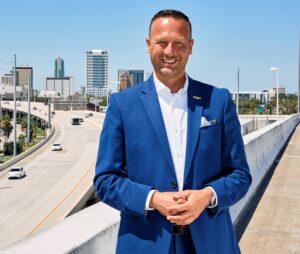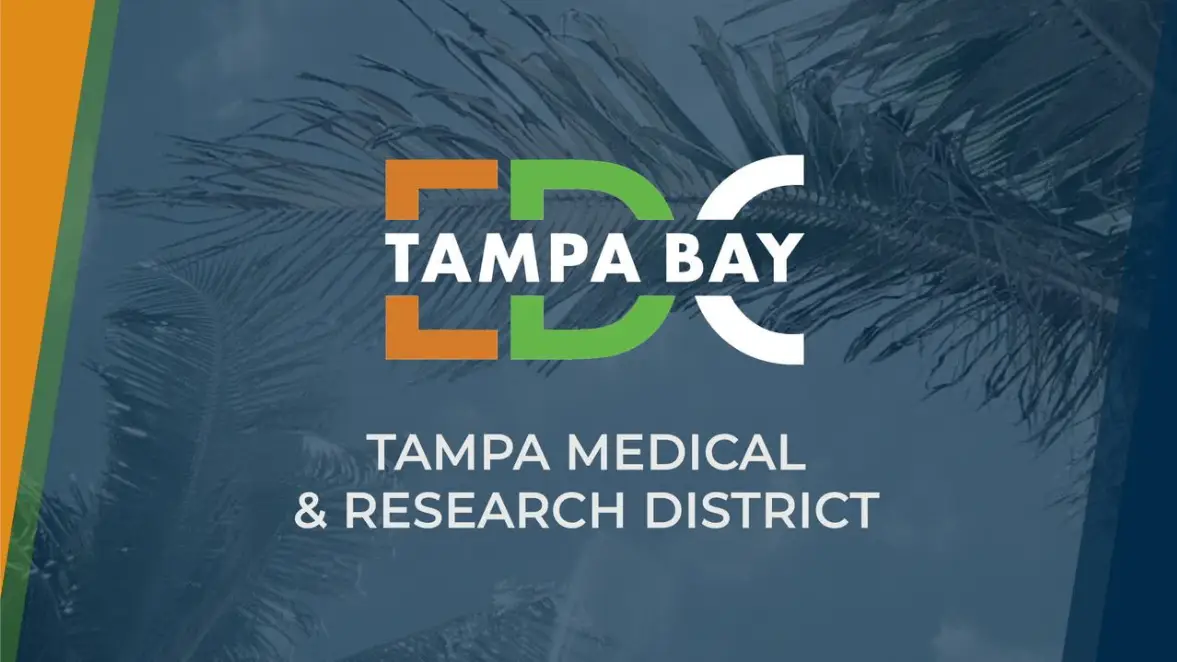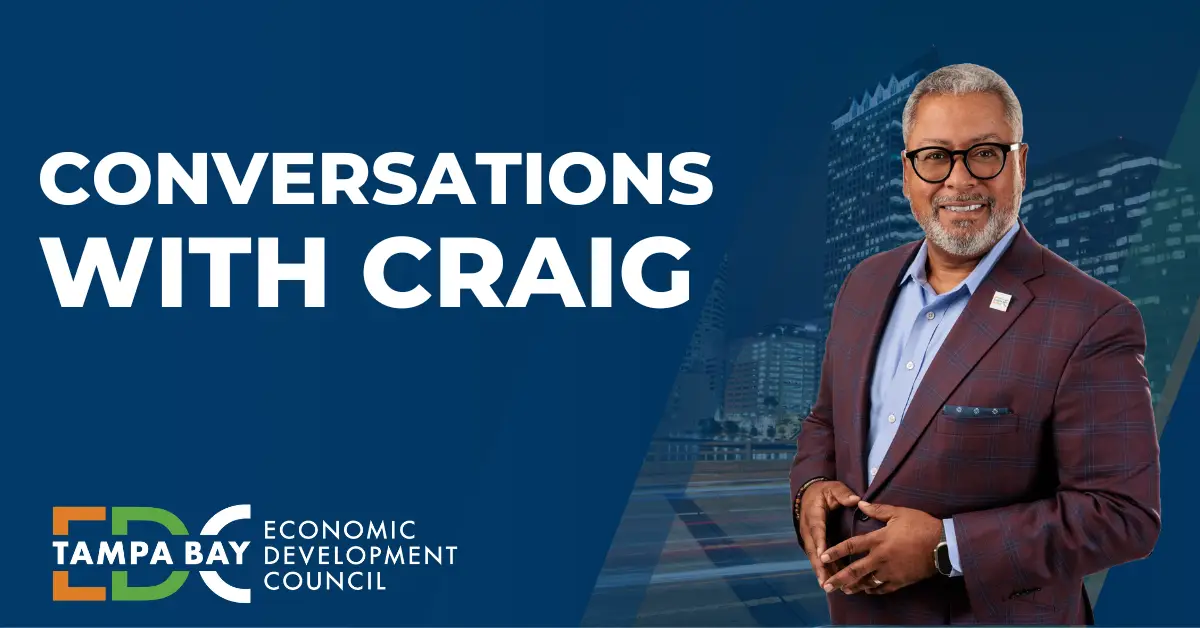 The Tampa Hillsborough Expressway Authority (THEA) is a dynamic transportation agency that owns, manages, and operates the Selmon Expressway, Meridian Avenue, Brandon Parkway, and the Selmon Greenway. Along the Greenway, THEA has built a series of pocket parks adorned with landscaping, benches, lighting, and artwork, enhancing downtown Tampa’s appeal and walkability, including the award-winning Deputy Kotfila, Jr. Memorial Dog Park. With over 200,000 daily expressway commuters and thousands of pedestrians utilizing THEA’s urban trail networks, THEA connects people to their destinations with safe, efficient transportation while actively reinvesting in its communities.
The Tampa Hillsborough Expressway Authority (THEA) is a dynamic transportation agency that owns, manages, and operates the Selmon Expressway, Meridian Avenue, Brandon Parkway, and the Selmon Greenway. Along the Greenway, THEA has built a series of pocket parks adorned with landscaping, benches, lighting, and artwork, enhancing downtown Tampa’s appeal and walkability, including the award-winning Deputy Kotfila, Jr. Memorial Dog Park. With over 200,000 daily expressway commuters and thousands of pedestrians utilizing THEA’s urban trail networks, THEA connects people to their destinations with safe, efficient transportation while actively reinvesting in its communities.
 Greg Slater, Executive Director/CEO
Greg Slater, Executive Director/CEO
Greg Slater is the Executive Director/CEO of the Tampa Hillsborough Expressway Authority (THEA) where he oversees an agency focused on adding value to the community and offering transportation options that enhance the quality of life. He has over two decades of public service experience in various transportation modes, most recently serving as Secretary of the Maryland Department of Transportation (MDOT). At THEA, Greg is committed to building a transportation system foundation for the next generation, a roadway of the future, and creating partnerships that make transportation in Tampa Bay safer and more efficient.
THEA just celebrated 60 years. What are some of your current goals or priorities that will help set THEA up for the next 60 years?
At the heart of our agency is a desire to serve our communities and enhance quality of life. The 60th celebration was an excellent opportunity to reaffirm the THEA mission of connecting communities, noting the progress we can make when we prioritize the people we serve. As we look ahead to the next 60 years, our agency remains laser-focused on collaborating with our community to bring desired projects online that meet community needs.
It’s not just about the people who choose to travel on the Selmon system of roadways but also about the people in the neighborhoods surrounding our Expressway. Everyone is critical. We are interested in where Tampa is going and how we can incorporate innovations and transportation designs to connect people to life’s opportunities. The next 60 years are an opportunity for our agency to lead in planning for a future where people have choices in how they travel, where they can feel safe in their pedestrian routes, where neighbors have shady gathering spots, and where we can easily reach an abundance of Tampa Bay’s destinations.
We’re seeing an incredible amount of growth in the Tampa Bay region. A recent article said the Tampa Bay area saw a positive net migration of more than 80,000 in 2023. How is THEA planning for this type of growth, and what are some current projects underway?
Our goal is to ensure people are getting to their destinations safely and efficiently as the area continues to grow. At the end of last year, we opened two new slip ramps for the Reversible Expressway Lanes (REL), which better balances our local lanes with our REL customers and gives our Brandon commuters a more direct express drive into Tampa and southward towards MacDill Airforce Base.
We have a record level of construction planned for the next ten years, which will transform our expressway and add the capacity needed for both ends. Along with East Selmon and South Selmon capacity projects, we are also collaborating with the city to ensure that traffic safely flows in and out of the city. The infrastructure projects coming out of the Whiting Street PD&E Study will help solve the problem of the backups that occur during events at Amalie Arena while making the area around the arena safer for pedestrians. It will also honor THEA’s commitment to the City of Tampa to help create a grid network by connecting Whiting Street to Meridian Avenue. This extension will also feature a cyclist track, new sidewalks, crosswalks, and other mobility features extending from Jefferson to Meridian, promoting safer and more accessible routes for pedestrians and cyclists away from Expressway travelers.
In addition, we are excited about providing some congestion relief down in Southern Hillsborough County. Last summer, the THEA Board and Hillsborough County Commission both unanimously supported planning efforts to evaluate the extension of the Lee Roy Selmon Expressway down the US 301 corridor towards Riverview and Apollo Beach. Initial modeling shows the potential for congestion relief along US 301 and I-75. While still early, the study is showing real benefits for a collaborative approach to solving mobility challenges between all the regional partners (THEA, FDOT, HART, HC, COT). Soon, we will commence a study which will include community outreach/feedback, to determine the best approach to address the needs of the growing population in this part of our county.
In downtown Tampa, we are focused on pedestrian safety and creating welcoming spaces for residents. We are making plans for life on, around and underneath the expressway.
Our new Selmon Greenway Masterplan will enhance the urban trail and provide a vital connection between Water Street, Channelside, Ybor Harbor, and Gas Worx and include neighborhood gathering spaces under the shade of the Expressway.
These projects, along with next-level technology integrations and real estate evaluations, are exciting initiatives that will help Tampa Bay move smoothly and sustainably for generations to come.
Why do you feel it’s important to support economic development efforts?
Every couple of years, THEA invests in an economic study to determine the impact of our transportation system on the health of our community. These reports have found that urban mobility positively affects travelers and that the community benefits from a multitude of healthy transportation networks. Businesses have opened along the Selmon corridor, and residential home values have risen due to the Expressway’s regional access.
For communities to be equitable, transportation needs to be safe and accessible for all. Growth is happening, and we must make plans that accommodate the growth and fuels positive economic development. Mobility is a critical factor. When hours are lost to congestion, commerce is affected. Our agency is collaborating with regional leaders and key stakeholders to ensure that we are creating a healthy mobility network for the residents of Tampa Bay to reach their homes and offices with ease, for their businesses to flourish, and for the millions of tourists to continue to enjoy all that our region has to offer.
Lastly, what are you most excited about for Tampa’s future?
It is an exciting time to be in Tampa, with neighborhoods like GasWorx and Ybor Harbor sprouting up around Tampa’s urban core. People can enjoy and access downtown events in a way that wasn’t there before. Our organization is filled with amazing professionals of all backgrounds who are motivated to make progress during this time of great change and deliver solutions that prioritize safety and mobility.
We often say we are building the Expressway of the future. Our initiatives reflect THEA’s holistic approach to transportation planning, which goes beyond the mere facilitation of vehicular movement to the broader goals of urban livability, community connectivity, and sustainable growth. By focusing on projects that enhance pedestrian safety, encourage non-motorized transportation, and connect key urban districts, THEA is not just planning for the future of transportation in Tampa Bay; it is actively playing its part as a member of Team Tampa Bay for the success of the region for years to come.










